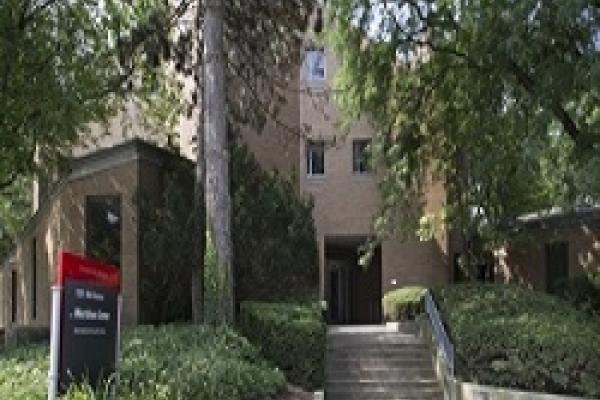
Sarah Bush will be giving a presentation titled, "Who's There? Election Observer Identity and the Local Credibility of Elections" as part of the Mershon Speaker Series. Bush is an assistant professor of political science at Temple University. Prior to starting at Temple, she was a postdoctoral fellow in the International Security Program at the Belfer Center for Science and International Affairs at the Harvard Kennedy School of Government. She received her Ph.D. from Princeton University in November 2011.
Bush’s research and teaching interests include international relations, democracy promotion, non-state actors in world politics, gender and human rights policy, and Middle East politics. Her recent book, The Taming of Democracy Assistance: Why Democracy Promotion Does Not Confront Dictators (Cambridge University Press, 2015), explores how and why the United States and other developed countries turned to democracy promotion at the end of the Cold War and what the impact of doing so has been. The book combines large-N analysis of new and existing data sets of democracy assistance projects with case studies that draw on field research in Jordan and Tunisia.
Her other research has been published in the journals International Organization and International Studies Quarterly and has been supported by grants from the National Science Foundation, among others. Some of her ongoing projects examine the effects of American democracy promotion on public attitudes in the Middle East.
Abstract
Election observers are an important component of transatlantic democracy promotion efforts. Prior research has sought to understand the rise of election observers and their consequences for outcomes such as fraud, protest, and violence. These studies are important, but they overlook a significant individual-level dynamic that observers themselves care about: the effect that election observers have on local attitudes about elections. How does election observer identity affect the local credibility of elections? Are American and European observers regarded as legitimate by local audiences, or are local observers more effective? We argue that the activities of election observers can enhance the local credibility of elections, but only when locals perceive observers as being both capable of detecting fraud and unbiased in that pursuit. Importantly, not all observer groups are seen as equally capable and unbiased.
Evidence from a large-scale, nationally-representative experiment in Tunisia supports the argument. A key finding is that observers from the Arab League — an organization criticized internationally for low-quality election observation — enhanced credibility the most as they were the observers perceived locally as both relatively capable and unbiased.
For more information, and to register for the event, please click here.
